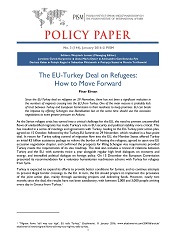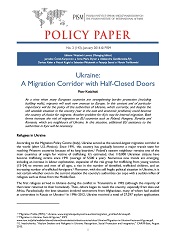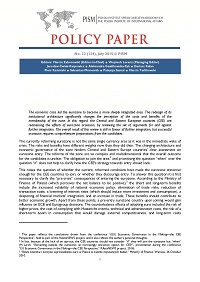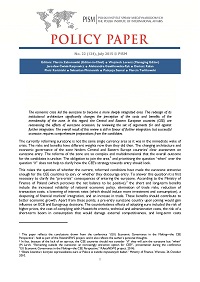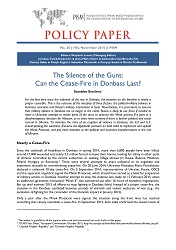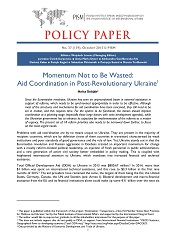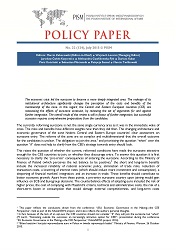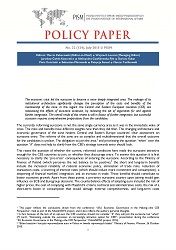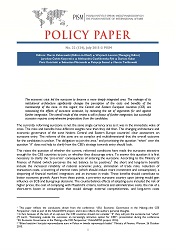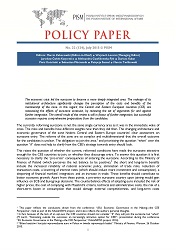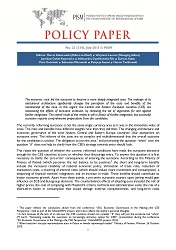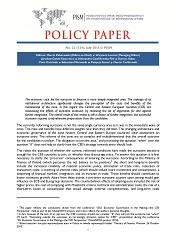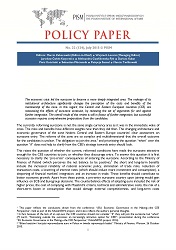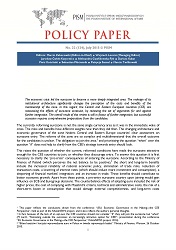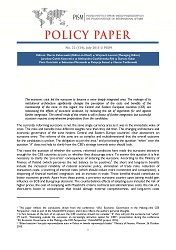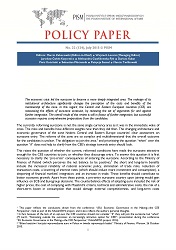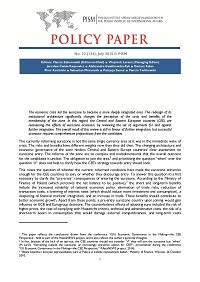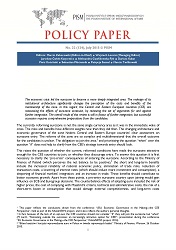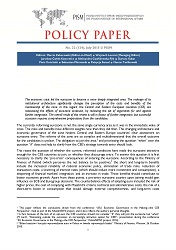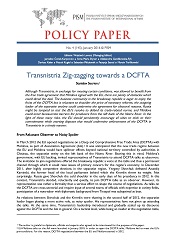
№145: Transnistria Zig-zagging towards a DCFTA
№145: Transnistria Zig-zagging towards a DCFTA
Keywords: Moldova; DCFTA; East Europe; Economy
Although Transnistria, in exchange for meeting certain conditions, was allowed to benefit from the free trade agreement that Moldova signed with the EU, there are plenty of obstacles which could derail the deal. The business community in the breakaway republic is eager to enjoy the fruits of the DCFTA but is reluctant to shoulder the price of necessary reforms, the outgoing leader of the separatist enclave could undermine the agreement for electoral reasons, Russia might be tempted to test the EU’s resolve to defend its trade-related norms, and Moldova could erect bureaucratic barriers for producers from the left bank of the Nistru River. In the light of these many risks, the EU should persistently encourage all sides to stick to their commitments while averting disputes that would undermine enforcement of the DCFTA in Transnistria in a timely manner.
More...
